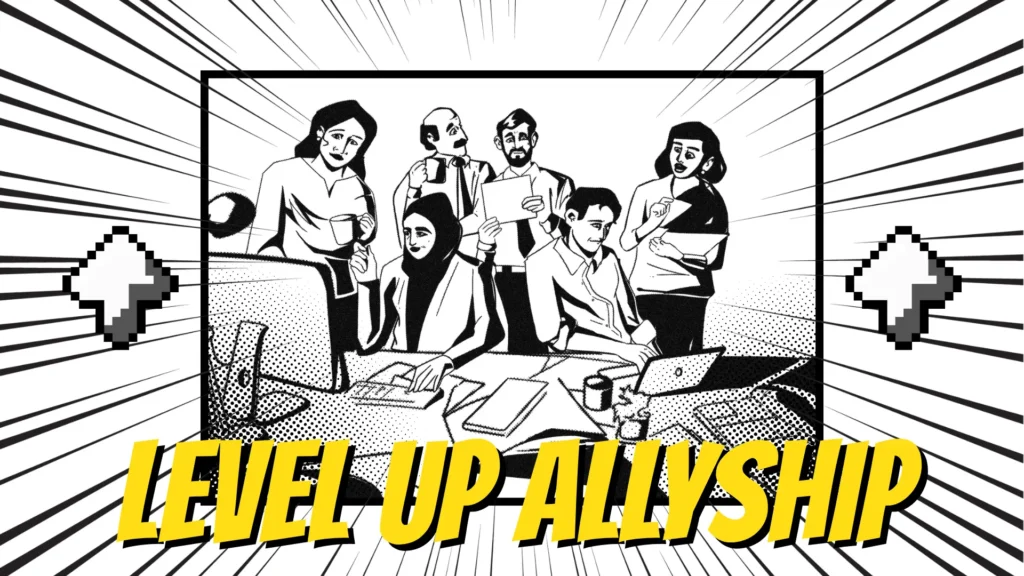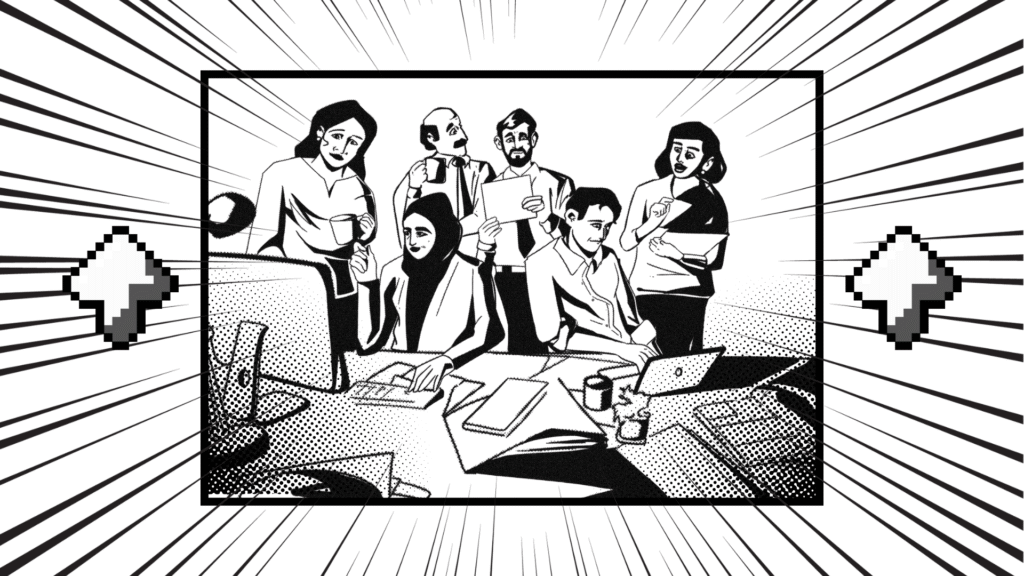Belonging is often described as feeling accepted and included. But for many employees, it means not having to hide who they are just to get through the workday. That’s where the idea of masking comes in.
Masking is when individuals cover parts of their identity to blend in. It could be someone avoiding cultural references, not mentioning their partner, hiding a disability, or staying silent in moments that matter. While masking is often done for self-protection, it can slowly chip away at confidence, morale, and performance.
According to research, 61% of people mask at work. That number rises to 79% for Black employees and 83% for gay employees. This tells us that the less someone sees themselves reflected and valued in their workplace, the more likely they are to hide who they are.
For women, especially women of color, belonging can feel conditional. A study found women who experience strong belonging are over six times more likely to say their workplace is “great.” Yet many still report being less comfortable speaking up, less likely to feel seen, and more likely to question their growth prospects.
Employees with disabilities, particularly invisible ones, face similar challenges. An estimated 88% of employees with invisible disabilities choose not to disclose their condition, fearing stigma or exclusion. Many say this leaves them feeling isolated, which impacts both their wellbeing and their contribution.
LGBTQIA+ employees often experience a divide between their personal and professional selves. While many feel safe being open in their personal lives, only 35% say they feel they can show up authentically at work. Despite inclusive policies, day-to-day culture still sends signals about who truly belongs.
For racial and ethnic minorities, systemic barriers can add another layer of complexity. In some settings, they may feel they have to work twice as hard to be seen as competent, while also managing stereotypes and microaggressions. This ongoing pressure creates a sense of hyper-awareness, where being authentic feels risky.
Belonging looks different depending on who you are, but the absence of it feels remarkably similar: isolating, exhausting, and discouraging. When people feel the need to mask, it signals that something in the environment needs to change.
Creating true belonging is about making sure they don’t have to second-guess whether their identity will be accepted in the first place. That means building teams and cultures where difference is not just tolerated, but welcomed, and where no one feels they have to hide to belong.




